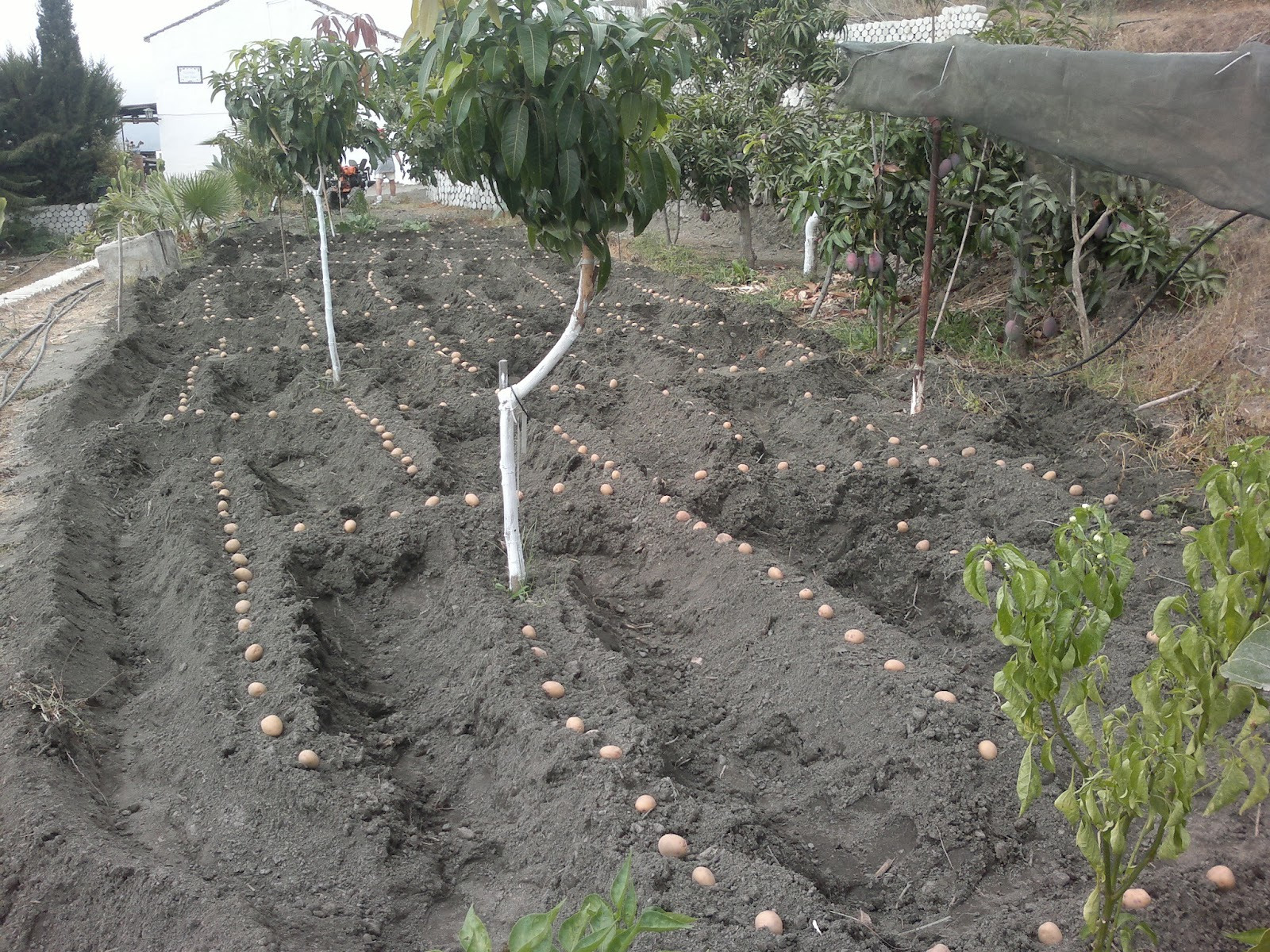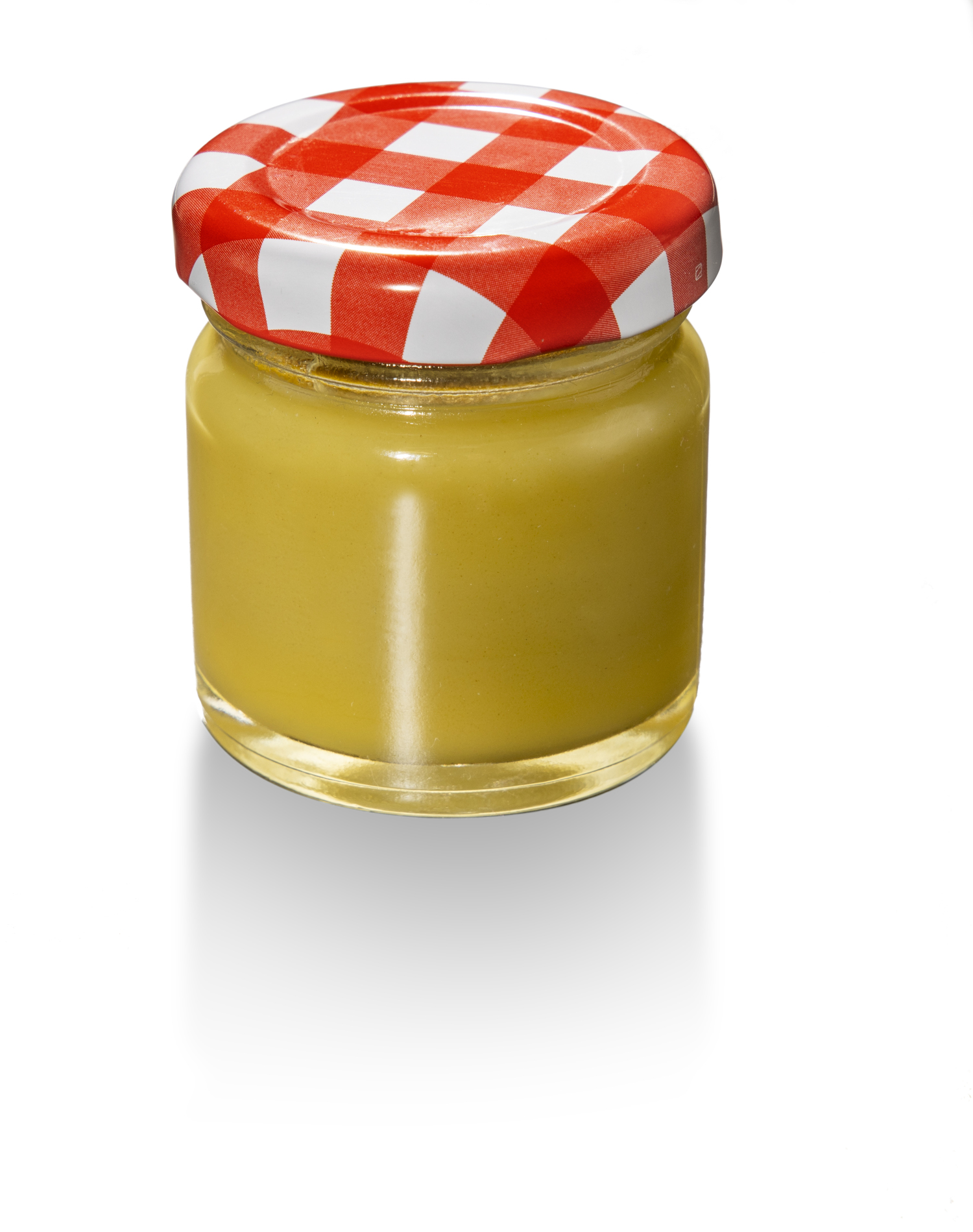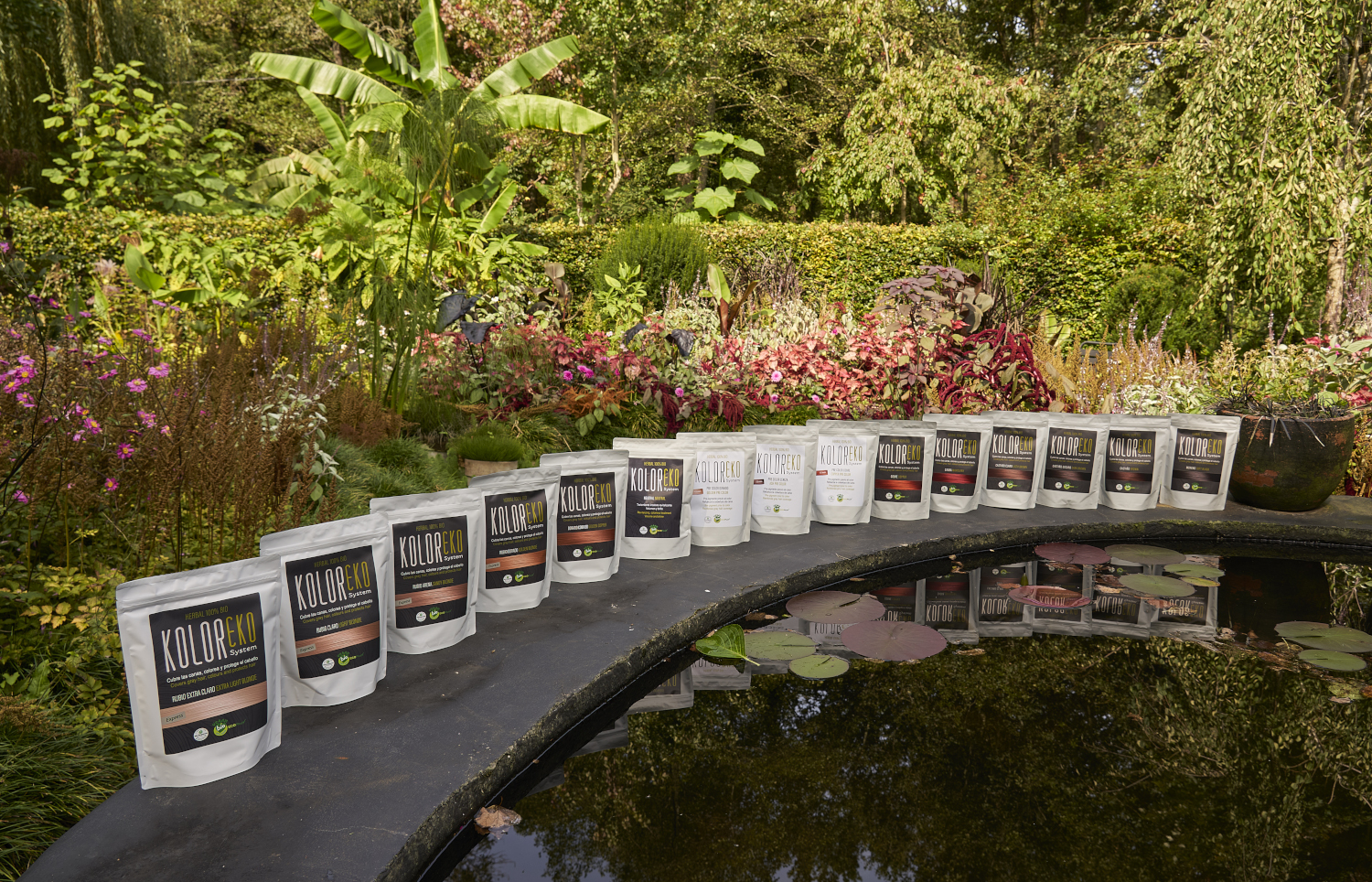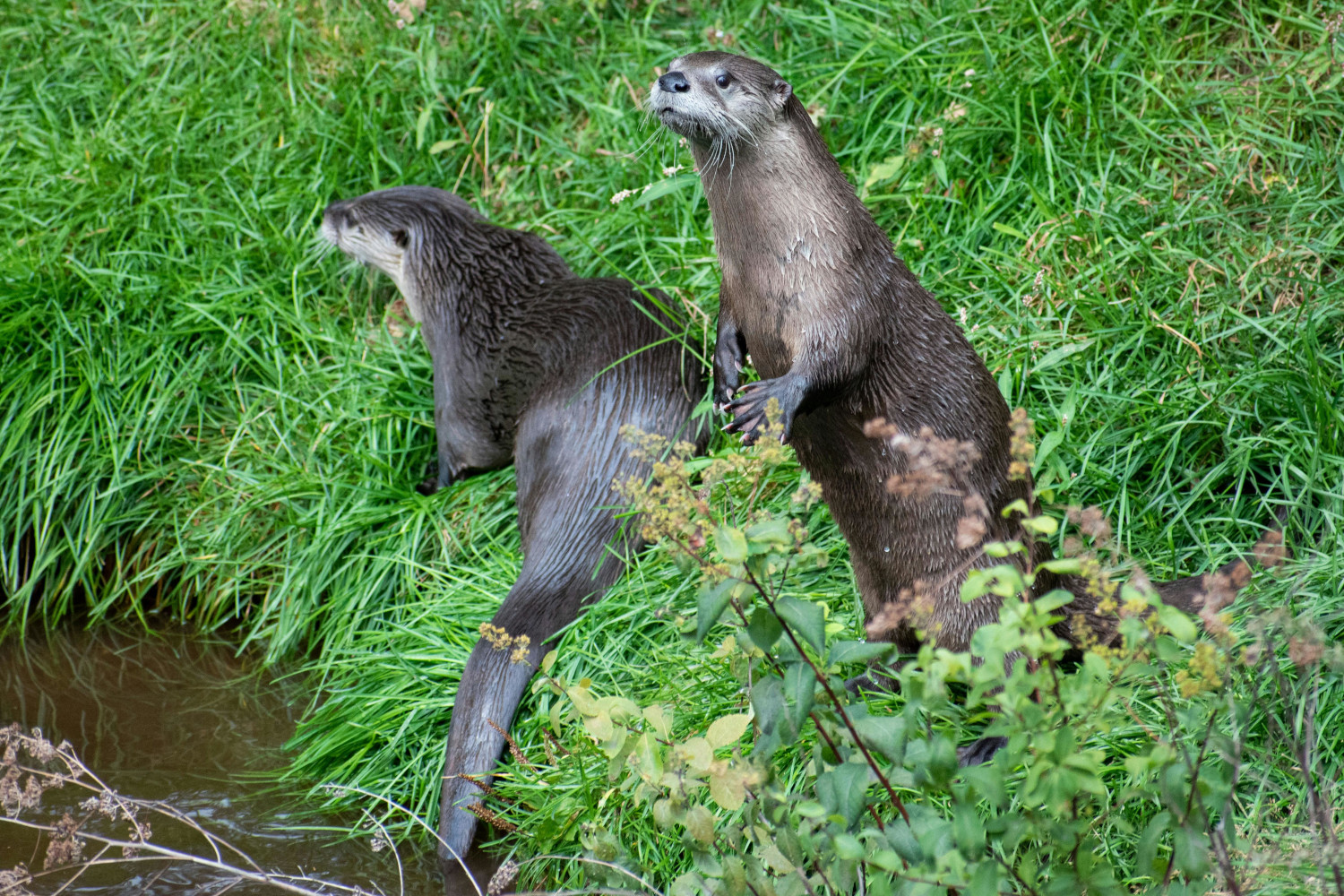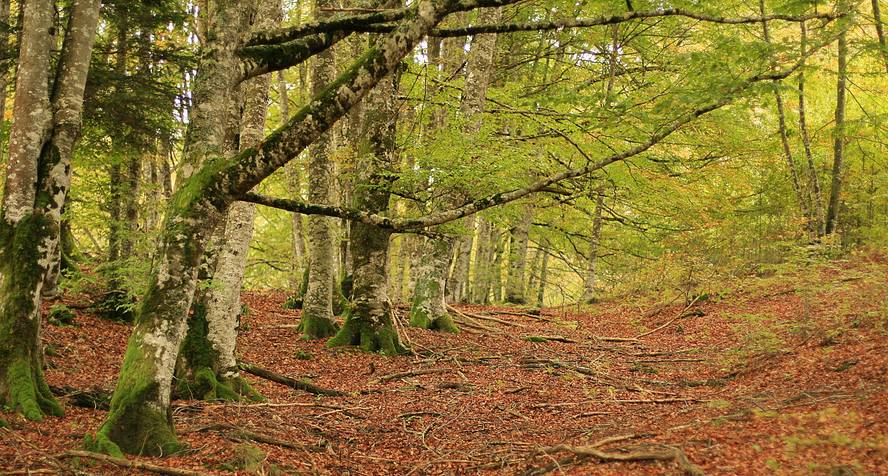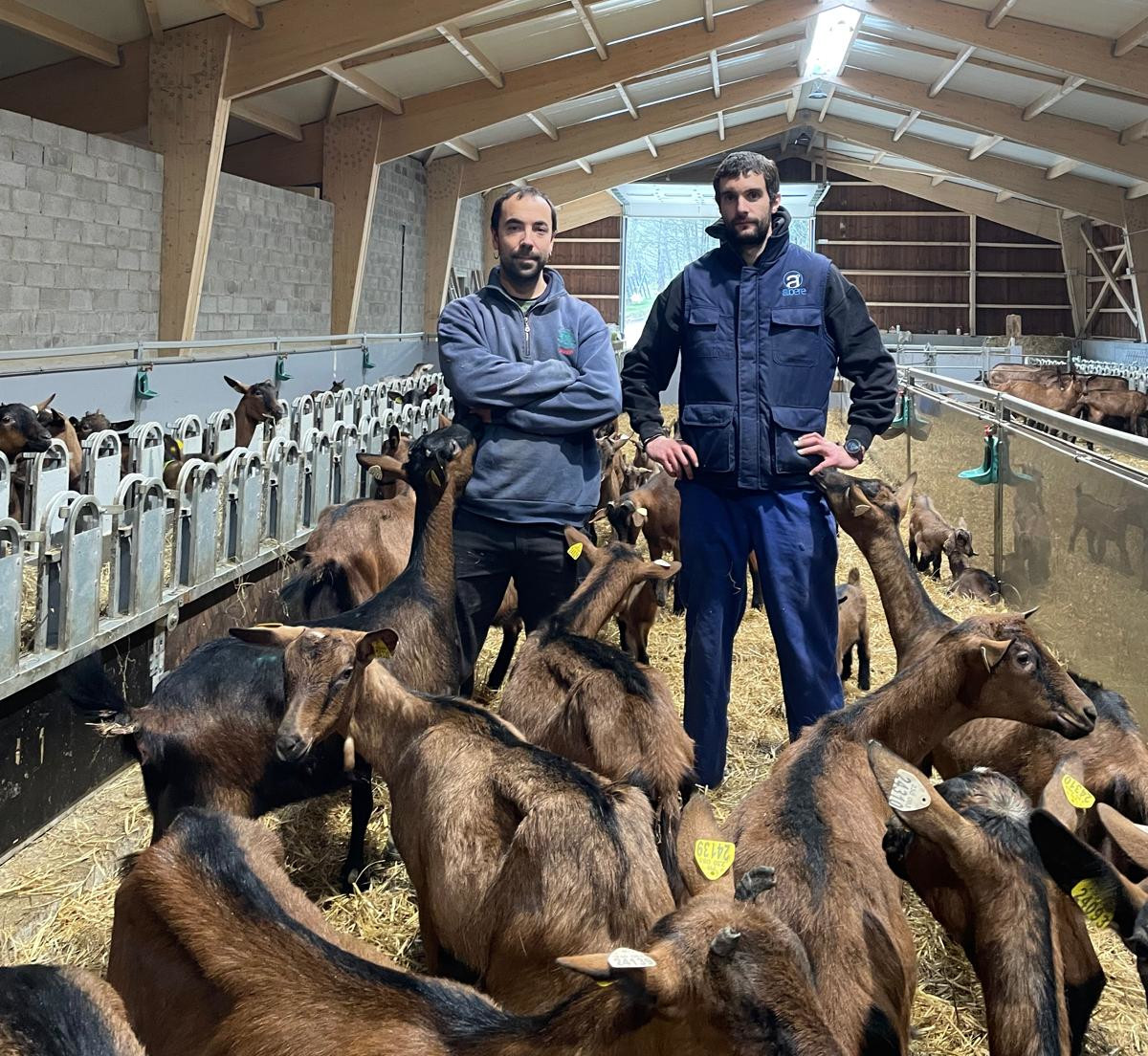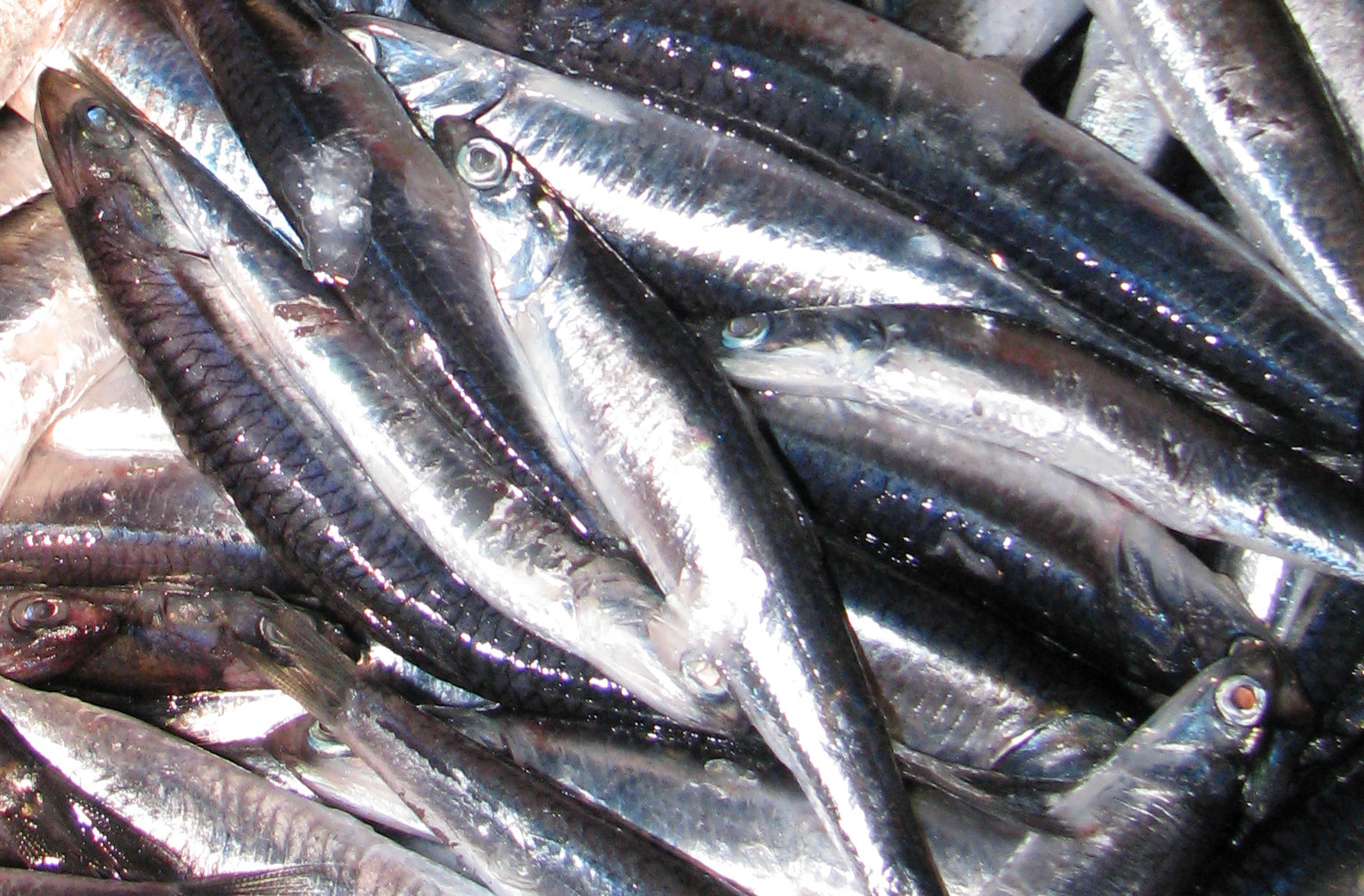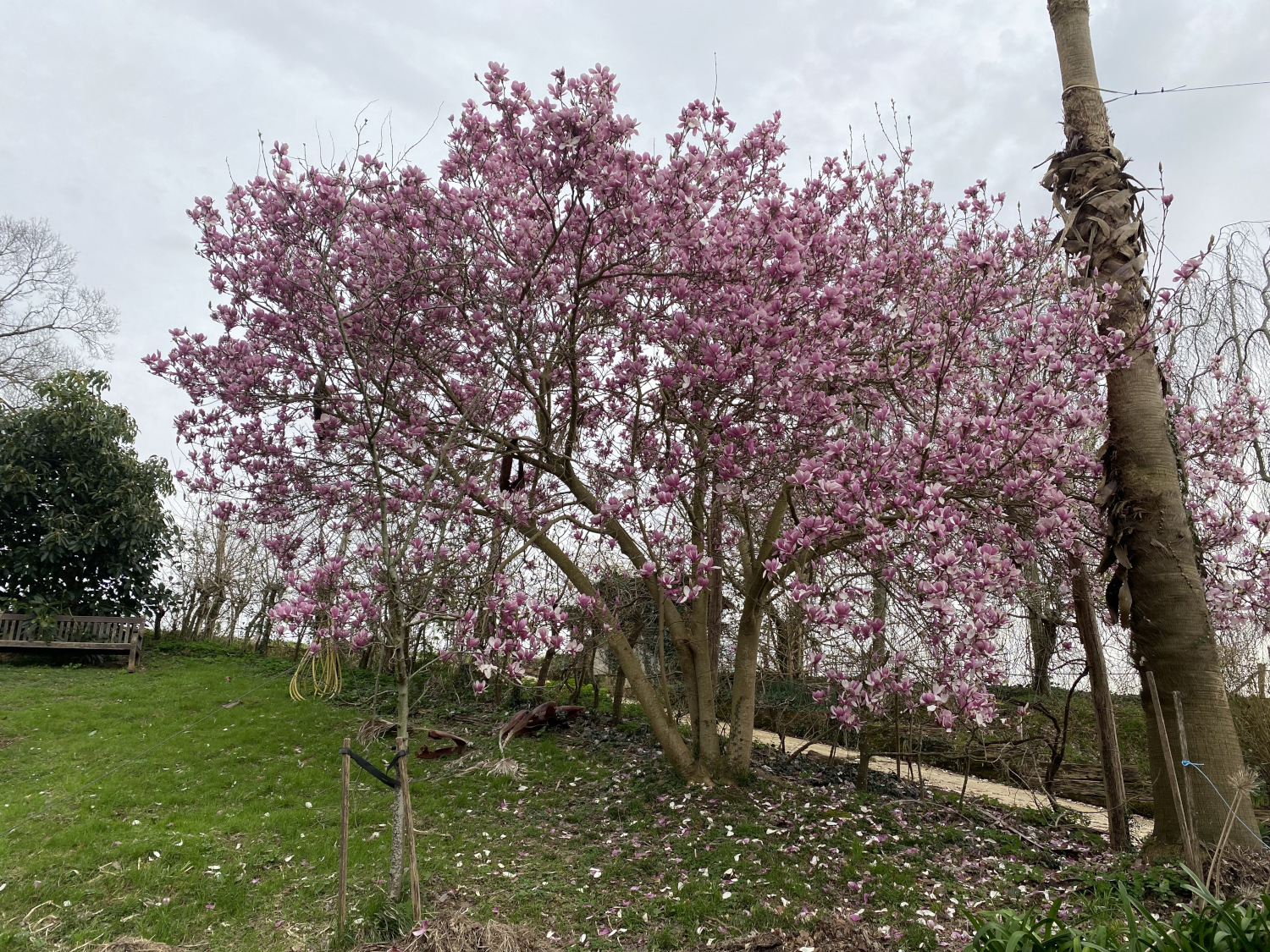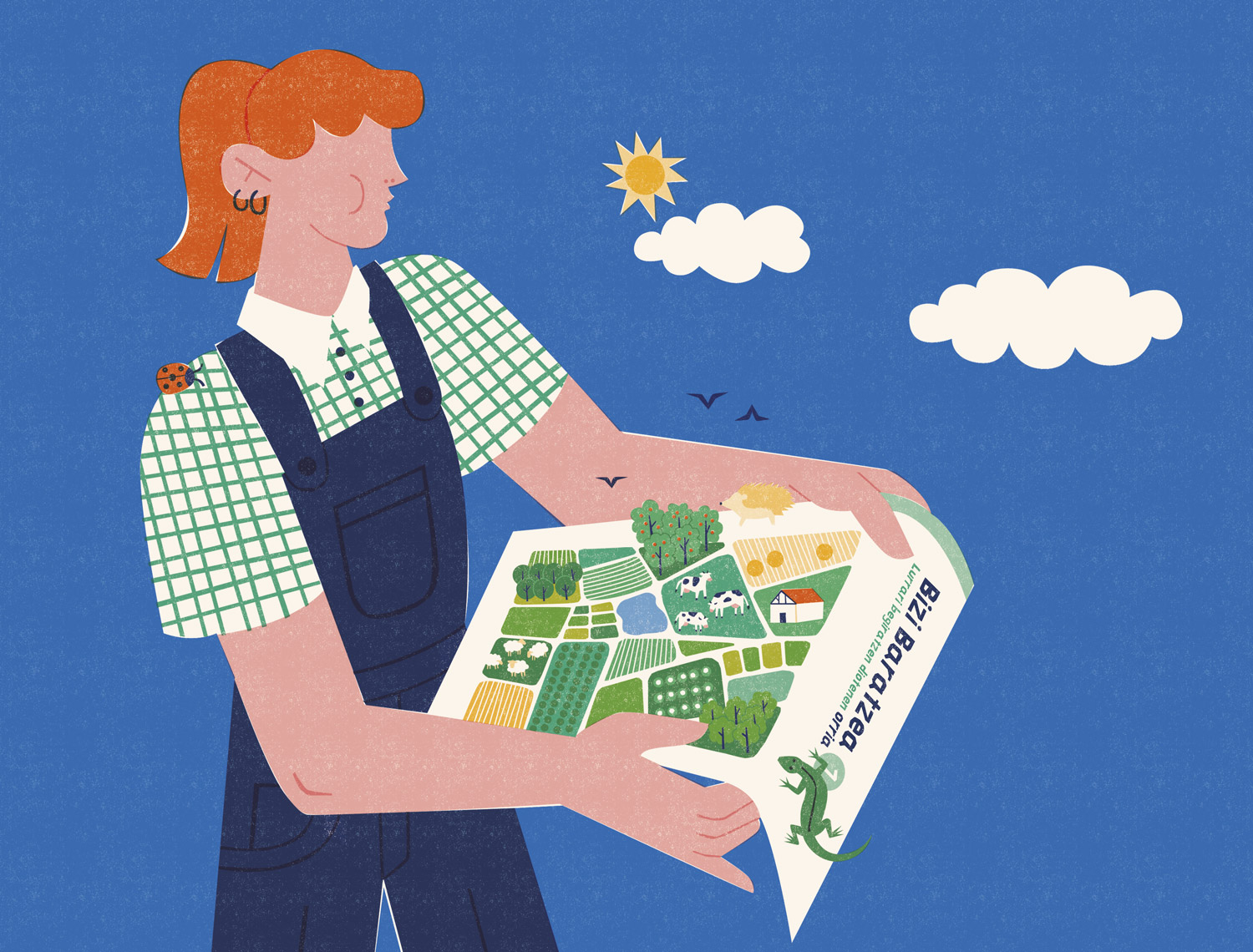Readings for this year
- At the beginning of the new year, we seem to be renewing our ideas, and some of us make lists of tasks to be carried out. One of those tasks is the list of books that I have to read, an increasingly fatter list. Not a few of you have asked me what I read, so I thought I would make this list known. As I have just learned that the Hontza library of Donostia is looking for follow-up, today I also write about my books with heartache.

I have all these books at home, some of which are starting to read and some of which I haven't touched. When you write a book, it's hard to read, at least that's how I live it; I often think my eyes ask me to rest. Thus, the list becomes increasingly fat, because those who have bought with enthusiasm and started reading await me on the shelf.
The book Zuza Zaken Slavic Kitchen Alchemy, nourishing herbal remedies, magical recipes & folk wisdom is the first. The book gathers what the Polish grandmother taught her, a broad culinary tradition, but without great differences between food and medicinal herbs.
Aina S. I also have to finish the book The women who made us see the wonderful world of the plants of Viriditas de Erice and Amanda Mijangos. It was given to me by Uxoa Iñurrieta who made the translation and I found it especially beautiful, in the absence of a few pages I think I am in a moment to finish.
There's also a treasure that I've found in secondhand bookstores, a book that's almost my age. William A. Oh my God! Thomson's Enlightened Practice Guide to Medicinal Plants is the most common and usable title of the work. Today it serves to see what is at this time, also to know the fame of other medicinal herbs not so long ago; I think it will serve me to see how this evolution has happened.
In Katakrak I discovered Gótico Botanico, tales of a perverse verdor of the editorial Impedimenta. It is a catalogue of stories by authors who have read the vegetable world from fantasy. Nathaniel Hawthorne or Road Dahl are some of the best known, but there are also books by Mary Elizabeth Counselman, Eli Colter or Maria Moravsky. From now on, the green will be the new black on the back, as many times the authors show in their stories a nonsensical sinister verdor. In the 19th and 20th centuries, many people saw plants as mysterious and beneficial and deadly beings, a little away from the present fascination.
The traveling tree, by Michio Hoshino, is the latest on the list. The editorial highlights that it brings together aspects such as ecology, mysticism, love of land and car discovery. Something will have, as it leaves in the 72 edition. The author is a photographer who took the subject of nature, who died by a brown bear when working in Russia on a commission – which has not happened to us on my order, but burned the claws of Dani Blanco and Ibai Arrieta who was lost in the lavender field.
And when I feel compelled to rest from medicinal herbs, nature and “my subjects” I will continue reading Hetero de Uxue Alberdi. Contrary to custom, I started reading backwards and we will continue swimming in cold waters. Because the strands between fiction, life and what (is becoming) are many and varied in this plot we call reality.
Udaberrian orain dela egun gutxi sartu gara eta intxaurrondoa dut maisu. Lasai sentitzen dut, konfiantzaz, bere prozesuan, ziklo berria hasten. Plan eta ohitura berriak hartu ditut apirilean, sasoitu naiz, bizitzan proiektu berriei heltzeko konfiantzaz, indarrez, sormen eta... [+]
Ohe beroan edo hotzean egiten da hobeto lo? Nik zalantzarik ez daukat: hotzean. Landare jaioberriek bero punttu bat nahiago dute, ordea. Udaberriko ekinozio garai hau aproposa da udako eta udazkeneko mokadu goxoak emango dizkiguten landareen haziak ereiteko.
Duela lau urte abiatu zuten Azpeitian Enkarguk proiektua, Udalaren, Urkome Landa Garapen Elkartearen eta Azpeitiako eta Gipuzkoako merkatari txikien elkarteen artean. “Orain proiektua bigarren fasera eraman dugu, eta Azkoitian sortu dugu antzeko egitasmoa, bere izenarekin:... [+]
Itsasoan badira landareen itxura izan arren animalia harrapari diren izaki eder batzuk: anemonak. Kantauri itsasoan hainbat anemona espezie ditugun arren, bada bat, guztien artean bereziki erraz atzemateko aukera eskaintzen diguna: itsas-tomatea.
Aurten "Israel Premier Tech" txirrindularitza talde israeldarra ez da Lizarraldeko Miguel Indurain Sari Nagusia lasterketara etorriko. Berri ona da hori Palestinaren askapenaren alde gaudenontzat eta munstro sionistarekin harreman oro etetea nahi dugunontzat, izan... [+]
Sare sozialen kontra hitz egitea ondo dago, beno, nire inguruan ondo ikusia bezala dago sare sozialek dakartzaten kalteez eta txarkeriez aritzea; progre gelditzen da bat horrela jardunda, baina gaur alde hitz egin nahi dut. Ez ni optimista digitala nauzuelako, baizik eta sare... [+]
Bada Borda bat ilargian. Bai, bai, Borda izeneko krater bat badu ilargiak; talka krater edo astroblema bat da, ilargiaren ageriko aldean dago eta bere koordenadak 25º12’S 46º31’E dira; inguruan 11 krater satelite ditu. Akizen jaiotako Jean Charles Borda de... [+]
Donostiako Amara auzoko Izko ileapaindegi ekologikoak 40 urte bete berri ditu. Familia-enpresa txikia da, eta hasieratik izan zuten sortzaileek ile-apainketan erabiltzen ziren produktuekiko kezka. “Erabiltzaileen azalarentzat oso bortzitzak dira produktu gehienak, baina... [+]
Ugaztunei eskainitako azken artikuluaren amaierako hitzak hurrengo animalia aurkezteko aitzakia paregabea dira. Bertan esaten genuen muturluzeak erreka “garbi eta txukunak” behar dituela, kutsadurarik gabeak baina elementu natural anitzekin. Animalia txiki horren... [+]
Mila milioika mintzo dira agintariak. CO2 isurketak konpentsatzeko neurri eraginkor gisa aurkeztuta, zuhaitz landaketei buruzko zifra alimaleak entzuten dira azken urteetan. Trantsiziorako bide interesgarria izan zitekeen, orain arteko oihanak zainduta eta bioaniztasuna... [+]
Kutsatzaile kimiko toxikoak hauteman dituzte Iratiko oihaneko liken eta goroldioetan. Ikerketan ondorioztatu dute kutsatzaile horietako batzuk inguruko hiriguneetatik iristen direla, beste batzuk nekazaritzan egiten diren erreketetatik, eta, azkenik, beste batzuk duela zenbait... [+]
Ubidekoak (Bizkaia) dira Imanol Iturriotz eta Aritz Bengoa gazteak. “Lagunak gara txikitatik, eta beti izan dugu buruan abeltzaintza proiektu bat martxan jartzeko ideia”, azaldu du Iturriotzek. Nekazaritzari lotutako ikasketak izan ez arren, baserri munduarekin eta... [+]
Antxoa, bokarta edo albokartia, gure arrain komertzialen artean txikiena, euskal kostaldera hurbildu da.
Magnoliak eleganteak dira. Dotoreak. Anddereak. Pontxoak. Apainak. Pimentak. Gurbilak. Ponposak, ponpoxearrenak. Ortiroak. Ia-ia fazazkoak, kriket eta kraket. Ez naiz harritzen, beren loraldien azpian lurrarekin urtzerainoko handitasunaren menpeko sentitzen naiz urtero.
Gaur abiatu da Bizi Baratzea Orrian kide egiteko kanpaina. Urtaro bakoitzean kaleratuko den aldizkari berezi honek Lurrari buruzko jakintza praktikoa eta gaurkotasuneko gaiak jorratuko ditu, formato oso berezian: poster handi bat izango du ardatz eta tolestu ahala beste... [+]








